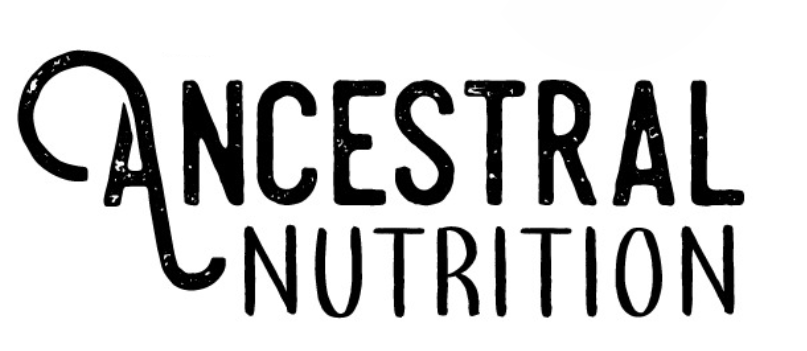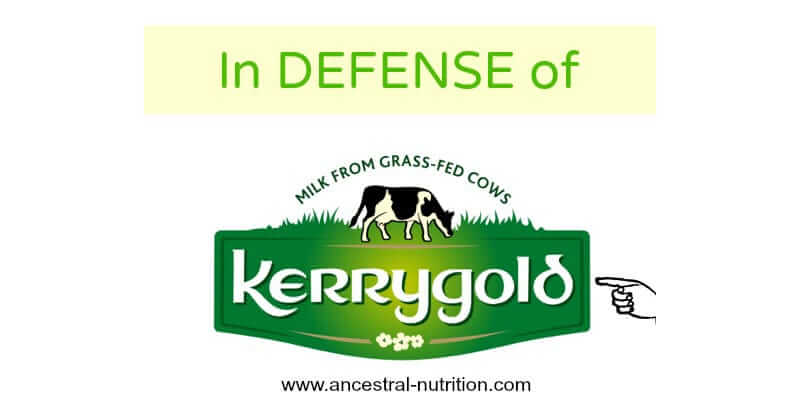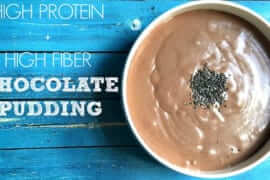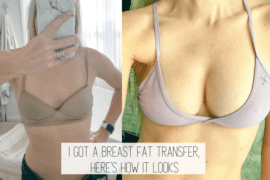Recently an article was written about Kerrygold.
In case you don’t know, they are an Irish company that produces grass-fed dairy products, shaming them for not feeding their cows grass 365 days a year and feeding them supplemental feed that includes soy and corn. I’m sure the author of this article was very well-intentioned when writing it, so I don’t want my response to come off as an attack; it’s not. I just want to clarify a few things and throw in my two cents.
Kerrygold’s cows are not on pasture 365 days a year. They are on pasture roughly 312 days out of the year. This means about 10% of their diet is supplemented. Of this 10%, the majority is made up of GM-free wheat and barley. This is completely normal for cows. Many pastured based farms in the US do this too. You can double-check this information on their site as well as below.
It is difficult for a farm to feed their animals grass 365 days a year.
Sometimes it just cannot be done, particularly during winter. And chances are, the cows aren’t even lactating during this time! At least they are supplementing with locally grown grains. And yes, around 3% of this may come from GM soy and corn. The article insinuates that that majority of the feed is comprised of soy and corn when in reality only a very small percentage is. And depending on when the cows are lactating, that tiny percentage may make no difference at all.
I am a big supporter of Kerrygold.
Their butter is delicious, grass-fed and affordable. It is my firm belief that we need more companies like them, and we should support them financially and otherwise, which will hopefully encourage other companies to enact similar business practices. When I read the original article about KG, I immediately wrote to them asking for their response.
Here’s what I got:
As you know, recently, several bloggers have reported a change in our farming methods and therefore our product. This is not correct. There has been no change to our cows’ diet or to our Kerrygold butters and cheeses. Our butter contains only fresh pasteurized cow’s milk and, for some butters, salt. Our cheeses, with the exception of those containing alcohol, have only milk, cheese cultures, salt and enzymes.
Irish dairy cows continue to enjoy a healthy grass fed diet 365 days a year. For over 300 of these days our cows graze outdoors in green fields. No other consumer butter, with such widespread appeal as Kerrygold, can make this claim. In fact it is our cows’ grass fed diet that gives Kerrygold its rich yellow color and distinctive taste.
While our cows’ diet is overwhelmingly grass and forage (dried grass), our dairy farmers feed small amounts of dairy ration during the year to maintain their cows’ health and well-being. The majority of this supplementary feed is grown locally and is GM-free wheat and barley.
There is a very small percentage of feed, namely corn or distillers grain, that needs to be imported. These items can be difficult to grow in Ireland’s temperate, rainy climate. From time to time a small percentage of this feed may contain GMO. We estimate it is not more than 3% of an animal’s annual diet.
We are taking an active role in exploring the potential and challenges around using GM free supplemental feed. From the farmer’s perspective, the supplementary feed is very important for the overall health of the animal. They give the cows a healthy and balanced blend of nutrients, providing them with protein, energy and fiber.
We feel it is important to stress that no GMO ingredients are used in any of our products.
We’re incredibly proud of our traditional family farms and of our sustainable, low-carbon, grass-fed dairy system. To learn more about Irish farming practices you can visit our website or email us at [email protected]. If you would like to talk with someone further, please call me in our Chicago office at (847) 492-8432.
Megan Huber
Marketing Manager
*emphasis mine
Kerrygold is a company that is committed to healthy, happy animals and sustainability.
Let’s compare that to the majority of dairy companies. Most dairy comes from animals that are confined to CAFO lots. They are covered in filth, including their own excrement. They don’t see the sun, they don’t eat grass. The animals are fed genetically modified products almost exclusively. Hormones and antibiotics are pumped into them. Abuse takes place often. They are helpless, sick and unhealthy. When articles like this one bashing Kerrygold are written, it further divides our cause. It divides my cause, at least, which is spreading the word about healthy, sustainable food. People that are just starting out may see an article like this and feel overwhelmed, like no matter how good food apparently is, it’s still not good enough. It most likely discourages people from doing what they set out to do: change their diets for the better, reverse health problems, feed their families healthier foods. And for what?
Let’s not make perfect the enemy of the good.




